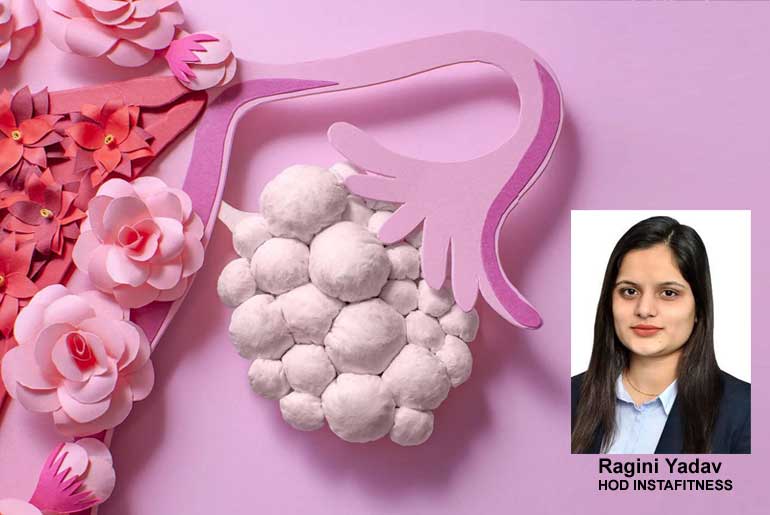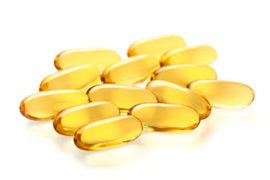Healthy habits are the best way to avoid disease across your life, and live more happily. But in the chaos of a woman’s daily life, healthy living may take back seat to chores, work, busy schedules, and more.
A woman passes through many phases throughout her life and her health should be their priority besides other responsibilities. Women’s health involves a variety of gender-specific issues, like estrogen production, mental health, sexual-health and fertility concerns. Women go through dramatic mental and physical changes as their reproductive systems go through major changes. Women can take charge of their health by eating a proper diet, seeking the proper screenings and maintaining a healthy lifestyle.
Women’s bodies go through major changes throughout their lives, leading to differences in health concerns for varying age groups. Different life stages are associated with specific women’s sexual and reproductive health issues, including menstruation, fertility, cervical screening, contraception, pregnancy, sexually transmissible infections, chronic health problems (such as endometriosis and polycystic ovary syndrome) and menopause.
So here I am going to explain about PCOS and how not being physically active and not having a good lifestyle can impact the whole hormonal cycle of a female in negative ways.
Polycystic Ovarian Disease (PCOD) and Polycystic Ovarian Syndrome (PCOS) are one of the most common hormonal imbalances affecting females of menstrual age, and can begin as early as in the age of 15-16 years.
More and more females are being affected from this condition because of gradual shift in eating and lifestyle patterns. Stress and Pre- Diabetes can be a contributing factor too.
Around 50 percent of women with the disorder are overweight or obese. Common symptoms include:
- Acne • Hirsutism (excessive hairiness)
- Male Pattern Baldness Women with PCOS, particularly when its symptoms are not managed, may also be at greater risk for:
- Heart Disease
- Endometrial Cancer
- Diabetes
- High Blood Pressure
Multiple types of research show that how a healthy diet and some lifestyle modifications can have ease in managing PCOS. Hence, changing your diet and switching to a healthy meal plan should be the first to do when diagnosed with PCOS. You will witness effective improvements when diet and lifestyle modifications are accomplished with medication.
Three diets that may help people with PCOS manage their symptoms are:
A low glycemic index (GI) diet: The body digests foods with a low GI more slowly, meaning they do not cause insulin levels to rise as much or as quickly as other foods, such as some carbohydrates. Foods in a low GI diet include whole grains, legumes, nuts, seeds, fruits, starchy vegetables, and other unprocessed, low-carbohydrate foods.
An anti-inflammatory diet: Anti-inflammatory foods, such as berries, fatty fish, leafy greens, and extra virgin olive oil, may reduce inflammation-related symptoms, such as fatigue.
The DASH diet: Doctors often recommend the Dietary Approaches to Stop Hypertension (DASH) diet to reduce the risk or impact of heart disease. It may also help manage PCOS symptoms. A DASH diet is rich in fish, poultry, fruits, vegetables whole grain, and low-fat dairy produce. The diet discourages foods that are high in saturated fat and sugar.
Obesity and PCOS can both be related to inflammation. Here, too, the relationship can feel like an endless loop. People with PCOS are more likely to be overweight or obese. Obesity is linked to inflammation, and inflammation can worsen (and potentially lead to) PCOS.
Women with PCOS experience higher rates of insulin resistance compared to women who don’t have the condition. Insulin resistance affects your body’s ability to use blood sugar for energy.
Doctors have connected a lack of physical activity and excess body weight as potential contributing factors to insulin resistance, according to the National Institute of Diabetes and Digestive and Kidney Diseases.
Not all women with PCOS have overweight. The good news is physical exercise is something you can do for your health when you have PCOS, regardless of your weight. If you aren’t sure where to start with incorporating these changes to your lifestyle, talk to your dietitian to create an eating plan specific to women with PCOS.
Disclaimer:
The information contained in this article is for educational and informational purposes only and is not intended as a health advice. We would ask you to consult a qualified professional or medical expert to gain additional knowledge before you choose to consume any product or perform any exercise.






